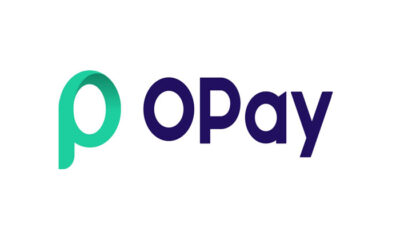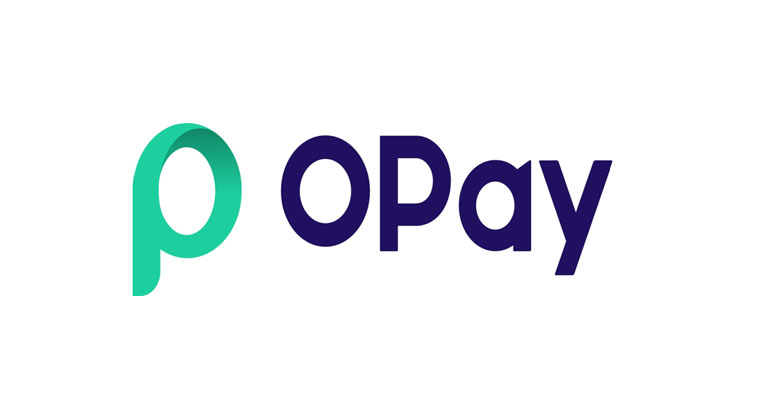Nigerian fintech giant Flutterwave has announced a partnership with SHiiP, a local and international cargo delivery company, to improve deliveries for small and medium-sized enterprises (SMEs) as well as large-scale merchants across Africa.
This partnership will see SHiiP integrated into the Flutterwave store, to provide business owners in Nigeria the ability to organize and track delivery couriers directly from their Fluttwerwave dashboard, free from hassles.
These merchants will be presented with a plethora of domestic and international couriers which include Shippo, UPS, Flo Express, FedEx, DHL, etc, for the transportation of goods at cheaper delivery rates.
Speaking on the remarkable collaboration, Flutterwave’s Head of Product Marketing Onyedikachim Nwakwo said,
“We are delighted to be partnering with SHiiP as we share the same goal to make the ecosystem of commerce simpler and more empowering for SMEs and large-scale merchants in Africa. The benefits of this integration to our customers will be immensely valuable to their customer satisfaction. We provide ourselves in continuing to provide merchants with innovative technology and tools that are designed to help grow their business.”
Also commenting on the partnership is the Co-Founder, COO & Head of Products SHiiP Ridwan Rasheed who said that the company is excited about the partnership.
In his words “It is a significant milestone for both companies and represents our commitment to driving innovation and enabling the growth of African business through seamless shipping options. Flutterwave merchants can now offer dependable and cost-effective shipping services to their customers without having to worry about the logistical issues of delivering items across the continent”.
Investors King understands that the Flutterwave store which offers merchants an easy way to launch and manage their e-commerce business, has over 40,000 SMEs using the store. Hence, the partnership with SHiiP will provide SMEs and online shoppers with a smooth transaction check out, and also enable merchants to successfully ship Internationally. Merchants will no longer be faced with the challenge of cross-border logistical services.
With the understanding that SMEs are the backbone of any economy, and according to World Bank that 90% of SMEs across the world employ over 50% of the global workforce, Fluttwerwave has continued to remain committed to ensuring the growth of SMEs in Nigeria and across Africa.
For over 5 years, Flutterwave has been at the forefront of helping small and medium-sized businesses receive payments from their customers across the globe. With an infrastructure reach in 34 African countries processing over 140 million transactions worth over $9 Billion and over 300000 customers served, the fintech startup has continued to help businesses receive payments seamlessly.
In February 2022, Flutterwave introduced Flutterwave Capital, a loan for SMEs, which is offered in partnership with the company’s lending partners such as CashConnect Microfinance Bank, MoneyWise Microfinance Bank, Wema Bank, Zenith Bank, Stanbic IBTC Bank, Sterling Bank.
The Fluttewave capital seeks to enable businesses easily access loans without collateral, cumbersome documentation, and other stringent terms and conditions, as eligible applicants can access the funds they need in less than 2 business days.
Currently, only Flutterwave businesses in Nigeria can access loans but the company says it is working to make it available to its businesses in Kenya, South Africa, and other African markets where it operates.

 Naira4 weeks ago
Naira4 weeks ago
 Naira4 weeks ago
Naira4 weeks ago


 Naira4 weeks ago
Naira4 weeks ago




 Naira3 weeks ago
Naira3 weeks ago
 Commodities4 weeks ago
Commodities4 weeks ago


 News4 weeks ago
News4 weeks ago


 Banking Sector4 weeks ago
Banking Sector4 weeks ago
 Travel4 weeks ago
Travel4 weeks ago






















